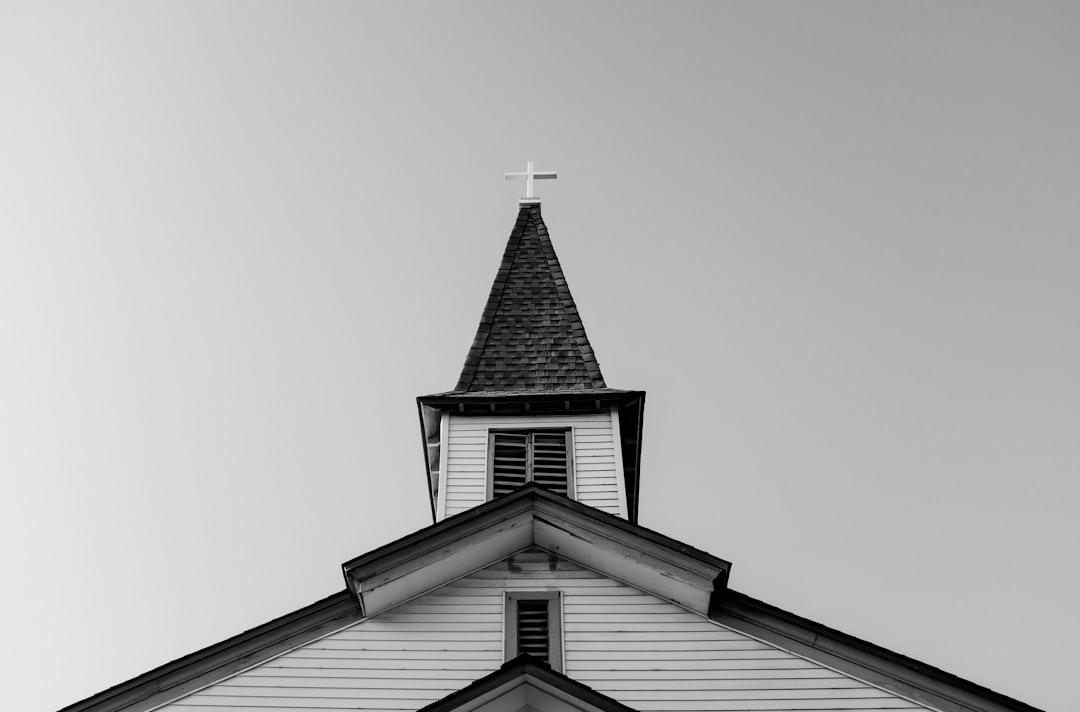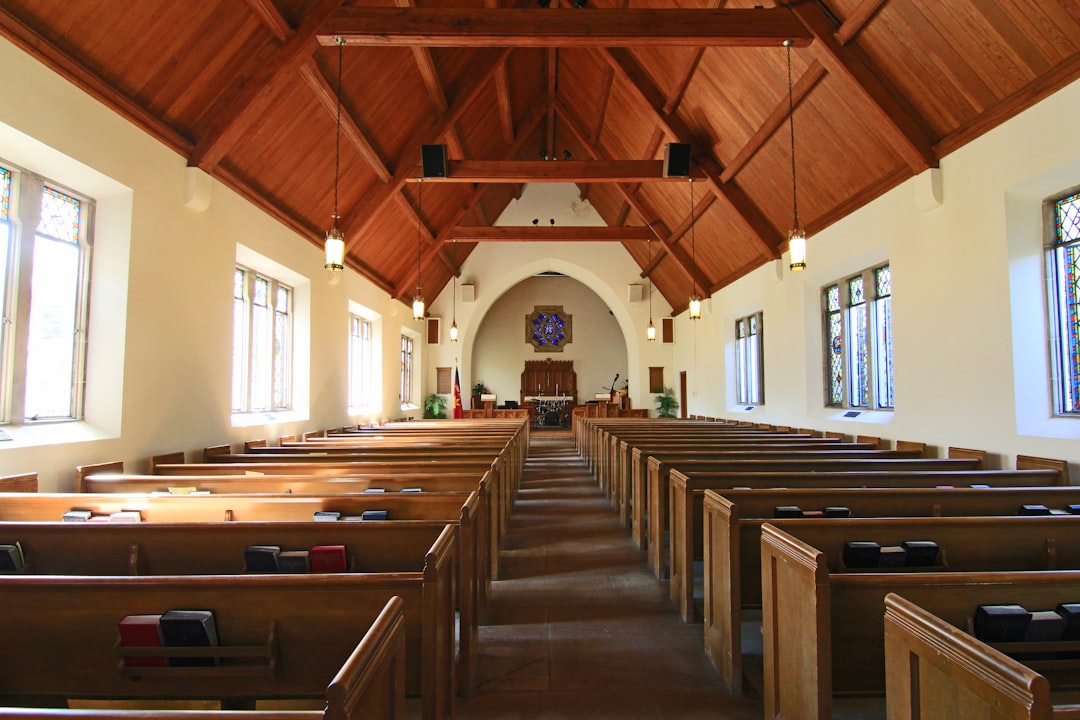In New Jersey, clergy sexual misconduct involves unwanted behavior by religious leaders, creating unique challenges for survivors who often remain silent due to power dynamics and fear. Victims have legal rights and should connect with a clergy abuse attorney Jersey City NJ for guidance through reporting, civil litigation, and criminal justice processes. These attorneys play a vital role in supporting survivors, navigating complex systems, securing compensation, and promoting institutional reforms for zero tolerance. Resources like specialized organizations and historical cases have sparked significant legal reforms, empowering survivors to seek justice and hold perpetrators accountable.
Justice for Survivors of Clergy Sexual Misconduct in New Jersey
In New Jersey, the issue of clergy sexual misconduct has garnered significant attention, driving a movement for justice and accountability. This article explores the complex landscape of healing and legal rights for survivors. We delve into the understanding and prevalence of clergy abuse within the state, along with the crucial role of legal representation by dedicated clergy abuse attorneys in Jersey City, NJ. Through examining historical cases and their impact, we highlight the ongoing efforts to reform laws and support victims.
Understanding Clergy Sexual Misconduct in New Jersey

In New Jersey, clergy sexual misconduct refers to any unwanted or inappropriate sexual behavior by a religious leader or cleric towards an individual under their care, authority, or influence. This includes, but is not limited to, physical contact of a sexual nature, verbal sexual advances, and exploitation for sexual purposes. Cases of clergy abuse have grave psychological and emotional impacts on survivors, making it imperative that they receive justice and support.
Survivors of clergy sexual misconduct in Jersey City, NJ, often face unique challenges due to the power dynamics at play within religious institutions. Many victims struggle with silence due to fear of repercussions, shame, or a belief that their experiences are not valid. It’s crucial for survivors to know that they have rights and options, including seeking legal counsel from a clergy abuse attorney in Jersey City, NJ, who can guide them through the complexities of reporting, civil litigation, and criminal justice processes.
Legal Rights of Survivors: A Comprehensive Guide

Survivors of clergy sexual misconduct in New Jersey have legal rights, and understanding them is crucial for justice. If you or someone you know has experienced such abuse at the hands of a religious leader, it’s essential to reach out to a compassionate and skilled clergy abuse attorney in Jersey City, NJ. These professionals can guide survivors through the complex legal system, ensuring their rights are protected.
A comprehensive guide to these rights should cover various aspects, including but not limited to, the statute of limitations for filing a claim, the process of seeking compensation for damages, and the potential avenues for holding perpetrators accountable. With the help of an experienced attorney, survivors can navigate this challenging journey towards healing and justice, ensuring that their voices are heard and their experiences are validated.
The Role of Clergymen's Accountability in Justice

In the pursuit of justice for survivors of clergy sexual misconduct, holding clergymen accountable is a pivotal step. The role of a clergy abuse attorney in New Jersey (NJ) is instrumental in ensuring that those who have suffered at the hands of spiritual leaders receive the recognition and redress they deserve. NJ laws provide avenues for victims to seek justice, and a dedicated clergy abuse attorney guides them through this complex process.
By demanding accountability from clergymen, the survivors’ journey towards healing begins. This involves thoroughly investigating the allegations, gathering evidence, and advocating for legal actions that can lead to compensation, reforms within religious institutions, and a safer environment for future congregants. The ultimate goal is not only to achieve justice but also to foster a culture where clergy sexual misconduct is met with zero tolerance and proactive measures are taken to protect vulnerable individuals.
Support Systems for Victims: Resources in NJ

In New Jersey, survivors of clergy sexual misconduct find support through various resources tailored to their unique needs. Many organizations offer counseling services, legal aid, and advocacy specifically for individuals who have experienced abuse within religious institutions. These support systems are crucial in helping victims navigate the emotional, psychological, and legal complexities that often follow such traumatic experiences.
One notable resource is the New Jersey-based clergy abuse attorney firms, which provide legal representation and guidance to survivors seeking justice. These attorneys specialize in handling cases involving sexual misconduct by clergy members and work diligently to ensure that survivors’ rights are protected. They offer a much-needed beacon of hope and assistance for those who may feel overwhelmed or unsure about their next steps after coming forward with their stories.
Historical Cases and Their Impact on Legal Reform

Historical cases of clergy sexual misconduct have played a pivotal role in shaping legal reforms and pushing for justice in New Jersey, with many survivors finding their voices and seeking redress. Notable lawsuits against religious institutions and clergy members have brought much-needed attention to this issue, leading to changes in state laws and regulations. These cases not only provided a platform for survivors to share their stories but also established precedents that hold institutions accountable for the actions of their representatives.
The impact of these historical instances is evident in the increased awareness and sensitivity towards clergy abuse victims’ rights. In New Jersey, where many influential clergy abuse attorneys have advocated for survivors, legal reforms have been implemented to ensure better protection, reporting mechanisms, and support systems for those affected by sexual misconduct within religious communities. This has empowered survivors to take legal action against perpetrators and the institutions that enabled such crimes.






